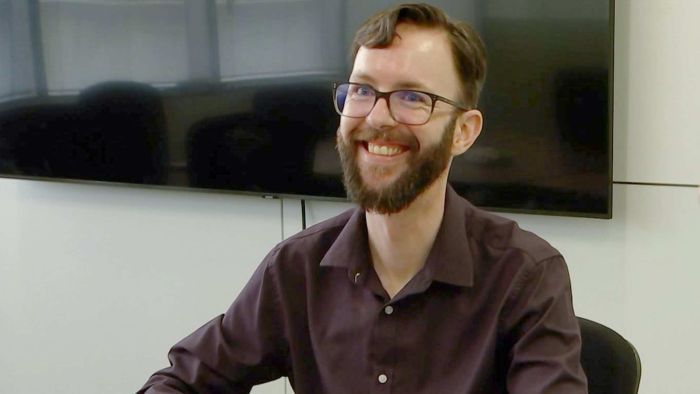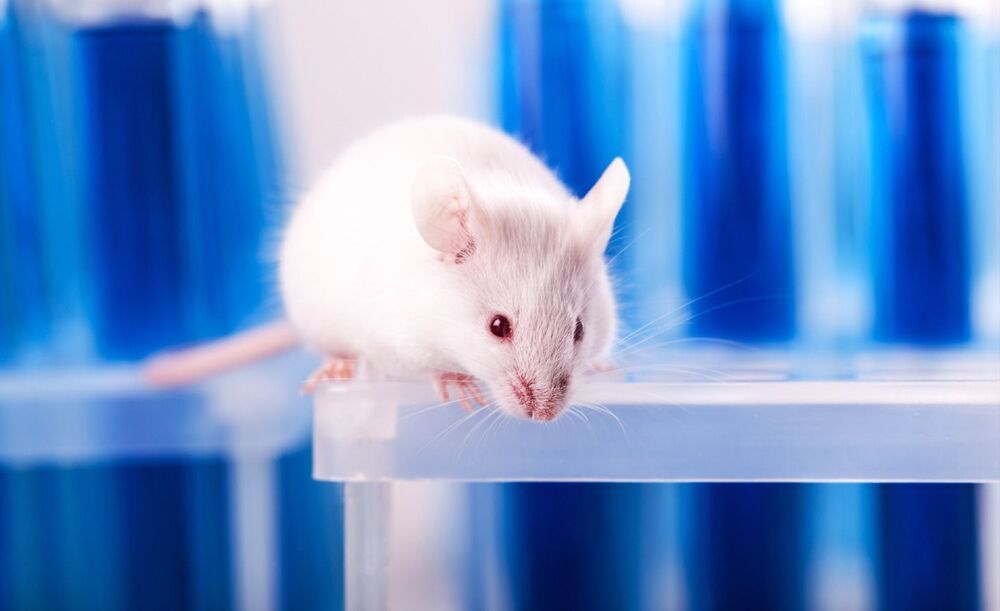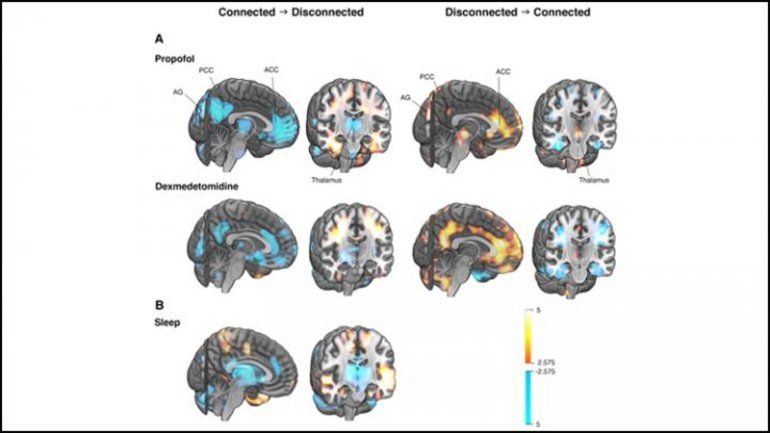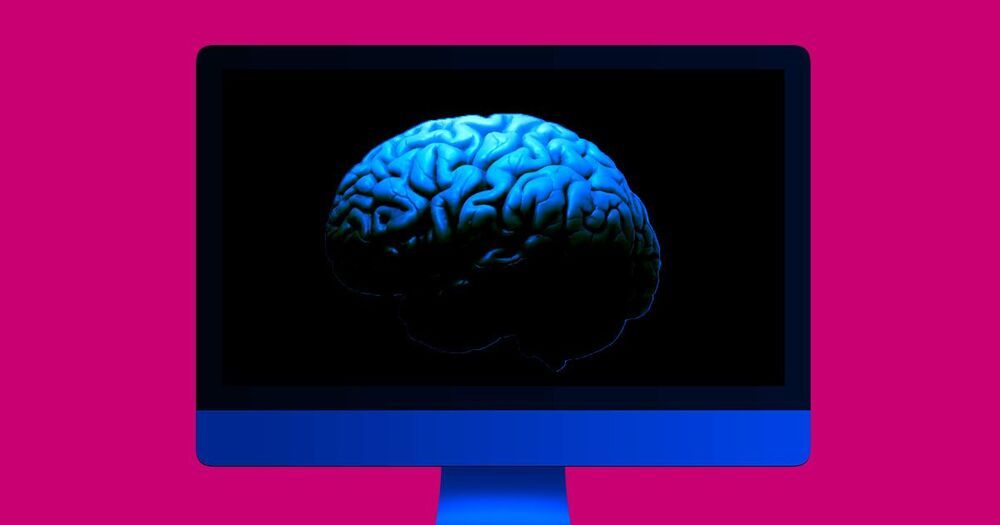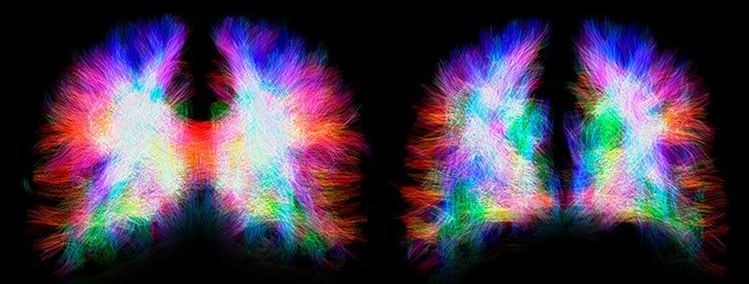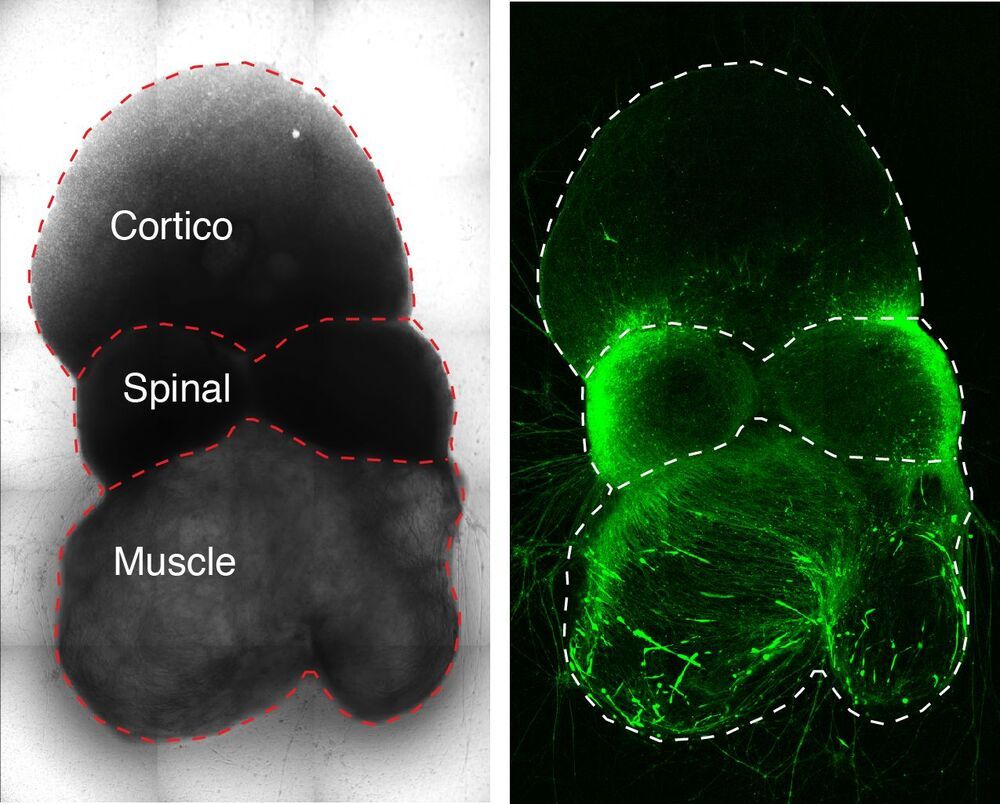Dr. Nicole Prause, PhD is an American neuroscientist researching human sexual behavior, addiction, and the physiology of sexual response. She is also the founder of Liberos LLC, an independent research institute and biotechnology company.
Dr. Prause obtained her doctorate in 2007 at Indiana University Bloomington, with joint supervision by the Kinsey Institute for Research in Sex, Gender, and Reproduction, with her areas of concentration being neuroscience and statistics. Her clinical internship, in neuro-psychological assessment and behavioral medicine, was with the VA Boston Healthcare System’s Psychology Internship Training Program. Her research fellowship was in couples’ treatment of alcoholism was at Harvard University.
Dr. Prause became a tenure track faculty member at Idaho State University at the age of 29. After three years there, she accepted a position as a Research Scientist at the Mind Research Network, a neuro-imaging facility in Albuquerque, New Mexico.
In 2012, Dr. Prause was elected a full member of the International Academy of Sex Research and accepted a position as a Research Scientist on faculty at the University of California, Los Angeles in the David Geffen School of Medicine. While there, she was promoted to Associate Research Scientist in 2014.
Dr. Prause founded Liberos LLC in 2015 and she continues to practice as licensed psychologist in California.
